Dir: Carlos Reygadas. Mex-Fr-Neth. 2007. 142 mins.
Mexican auteurist Carlos Reygadas has lost nothing of the aesthetic austerity so magnificently, if exhaustingly, on display in his first two films, Japon (2002) and Battle In Heaven (2005).
Both of those films proved exceptionally demanding on audiences, both narratively and psychologically, but for some, at least, the work they had to put in was worth the emotional and thematic payoffs. Unfortunately, while the demands are perhaps even greater, the payoffs are fewer and further between in Stellet Licht, Reygadas's latest film.
Only by reading a press kit before attending a screening would a viewer understand 1) where in the world the film was taking place and 2) why the characters in it seem to be speaking some form of German, which turns out to be Plattdeutsch, a dialect of standard German.
The second self-indulgence is the film's length (nearly two and a half hours) which is, finally, a long time to sit through a film that is composed nearly completely of static still shots in which, classically, nothing happens.
The story is ultra-minimalist, and that, in fact, is one of the most striking aspects of the film. Members of a moderate Mennonite sect - they believe in cars but not in phones - that settled in northern Mexico in the early 1920's (all this is from the press kit), Johan (Fehr) is married to Esther (Toews) and they have a gaggle of happy kids.
Alas, Johan has unwisely fallen in love with Marianne (Pankratz), and the remainder of the film consists in the extremely deliberate working out of the consequences of this situation. This working out attains a simplicity of Biblical proportions, as Reygadas avoids tainting his story with any frivolous sub-plots or other attention-stealers, such as action of any sort. It is the pure situation of adultery, presented without frills or extra embroidery.
The visual context of this simple story is the vibrant, gloriously beautiful world of nature, and viewers will be forgiven if they think they have stumbled into a film by Terence Malick. This is by far the best thing about Stellet Licht, and Reygadas's decision to open with a long, long take of night moving toward day and to end with an equally long, long take going in the other direction is sheer visual and aural poetry.
Other long-lingering shots of natural and man-made objects, whose very factitiousness seems invested with a frustratingly vague metaphysical weight and meaning, come close to redeeming the film. But all those other shots of cows being milked by machines, long drives on straight roads and the like, will surely try the patience of many viewers who will perhaps already be angry because they have no idea where the movie is set and who the characters are.
Reygadas's formal control is absolute, and you sense that every blade of grass present in any given shot is there only because the director decided it should be. One shot he holds completely out of focus for an unconscionable length of time, kind of showing off, until the camera ends up settling on a single flower in focus. He favours centred shots whose composition is painstakingly achieved. Occasional extremely slow tracking-in shots replace the general practice of the stationary camera.
It must also be said that the deliberateness of Reygadas' earlier films was redeemed by powerful emotional moments, especially in BattleIn Heaven, that quickened the blood and stirred the heart and soul. Alas, that is never the case in the new film, and one must finally ask toward what end is so much rigorous aesthetic discipline aimed.
The only bit of philosophy or other thematic material comes in two brief meetings of Johan and his father, who is also a man of the cloth who was once tempted himself. Johan thinks everything that happens is his fault, while his father insists that 'it was all written before anything began' and that it's really all a battle between God and the Devil.
There is also the moment when Marianne decides to break off the illicit relationship with Johan because 'peace is stronger than love'. She does add however that 'these were the saddest but happiest days of my life'. But that's about it. Rarely do thematic ideas rise effortlessly from the plethora of natural images, as they do in Malick's best work.
Production companies/backers
Nodream Cinema
Mantarraya
Bac Films
Arte France Cinema
Imcine/Foprocine
Producers
Luisa Blanco
Fernanda de la Peza
Marcia Seeman
Screenplay
Carlos Reygadas
Editor
Natalia Lopez
Main cast
Cornelio Wall Fehr
Miriam Toews
Maria Pankratz
Peter Wall




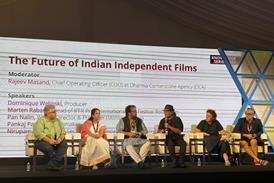
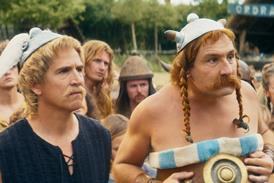

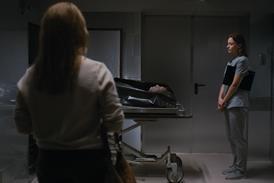




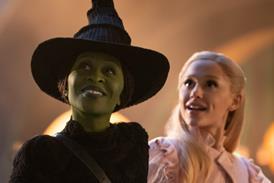
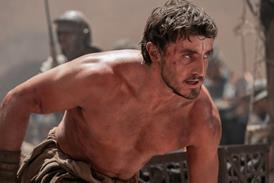
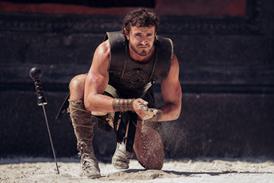






No comments yet